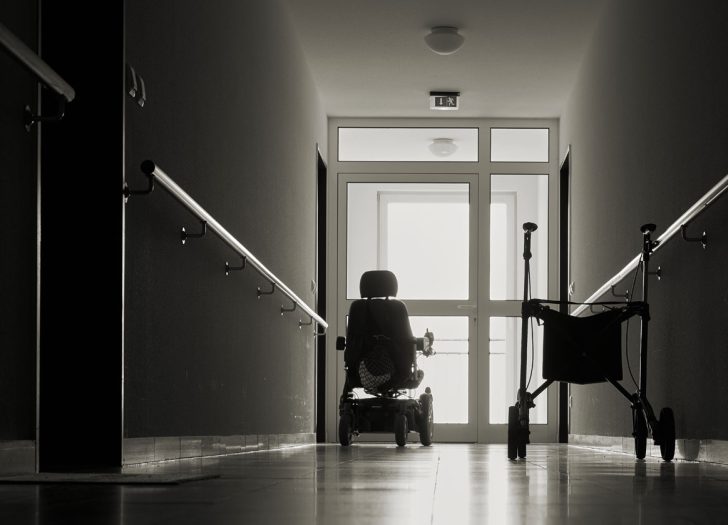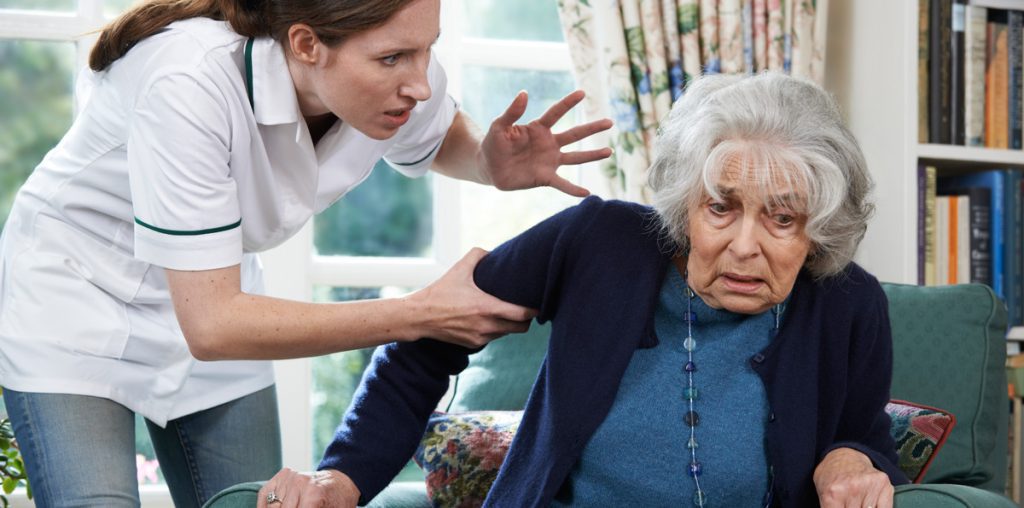Discovering that a loved one has become a victim of nursing home neglect or abuse is a horrifying experience. Even if you only suspect your family member is being abused, this can be extremely distressing.
Families of nursing home residents should understand the signs of abuse and neglect in long-term care facilities and be ready to report any concerns to the authorities. Below, we discuss criminal elderly abuse charges, criminal neglect against patients of long-term care facilities, and how to file elder abuse charges.
Understanding Criminal Elder Abuse in Massachusetts and New Hampshire
Under Massachusetts law, criminal elder abuse is its own charge demanding that individuals convicted of assault and battery on an elderly person or someone with a disability be penalized with up to 3 years in a state prison or up to 2.5 years in a house of correction. However, if the victim sustained bodily injury, the sentence increases to 5 years and if the victim sustains serious bodily injury, the sentence is increased to 10 years.
If the perpetrator of abuse is a caretaker, such as in the case of nursing home abuse, the penalties are even harsher. A caretaker can be sentenced to up 5 to 5 years in prison if they negligently allow an elderly person to become injured, even if someone else actually caused the injury. For example, if resident-on-resident abuse occurs, nursing home staff may be charged, regardless of whether the staff member was involved in the abuse.
In New Hampshire, there is also a criminal elder abuse statute, although the language of the law differs slightly from the laws in Massachusetts. Caregivers who either knowingly or negligently cause serious bodily injury to an elderly or disabled person face class B felony charges, while caregivers who purposely cause serious bodily injury face class A felony charges.
New Hampshire residents convicted of a class A felony will be sentenced to a minimum of 7.5 years in prison, but no more than 15 years, plus a $4,000 fine and up to 5 years of probation. The penalties for a class B felony are less harsh, with a mandatory prison sentence of at least 3.5 years to up to 7 years, plus the same fines and probation as a class A felony.
Identifying Nursing Home Neglect and Abuse
Criminal neglect and elder abuse may be hard to identify, especially if family members aren’t around to see the differences or notice the symptoms. Here are some signs that someone may be a victim:
- New injuries with no known cause
- Bedsores, skin rashes, and overall poor hygiene
- Sudden, unexplained weight loss
- Withdrawal from social activities
- Changes in sleep patterns
- New or worsening anxiety or depression
- Soiled bedding, trash, and old food in their room
- Fear of nursing home staff members or of being left alone
Gathering Compelling Evidence
Concrete evidence is the cornerstone of criminal neglect cases, which can be difficult to obtain since most instances of elder abuse occur behind closed doors with few people to bear witness. If possible, get copies of photographs, medical records, surveillance video, and anything else you think might help prove your case.
Contacting the Authorities
If you believe your elderly family member has been neglected or abused in a nursing home, it’s important to contact the police to file a report about what happened as soon as possible. This establishes a record and starts the process of bringing criminal charges against the perpetrator of the abuse.
How Hiring a Private Nursing Home Abuse Lawyer Can Help
While state prosecutors are attorneys who handle bringing elderly abuse charges against perpetrators and are responsible for building their case, it can also be helpful for families of victims to hire a private nursing home abuse lawyer. This attorney can communicate with the police on your behalf, help you gather evidence, and put pressure on law enforcement to act.
They can also help you pursue a civil case against the perpetrator and the facility that employed them. Not only does a lawsuit hold at-fault parties responsible and sends a clear signal that nursing home abuse will not be tolerated, it can provide the funds your family needs to deal with the logistics of establishing alternative care for your loved one.
Contact Mazow | McCullough, PC today at (978) 744-8000 or toll-free at (855) 693-9084 to learn more or to schedule a free initial consultation to discuss your family’s legal options.











